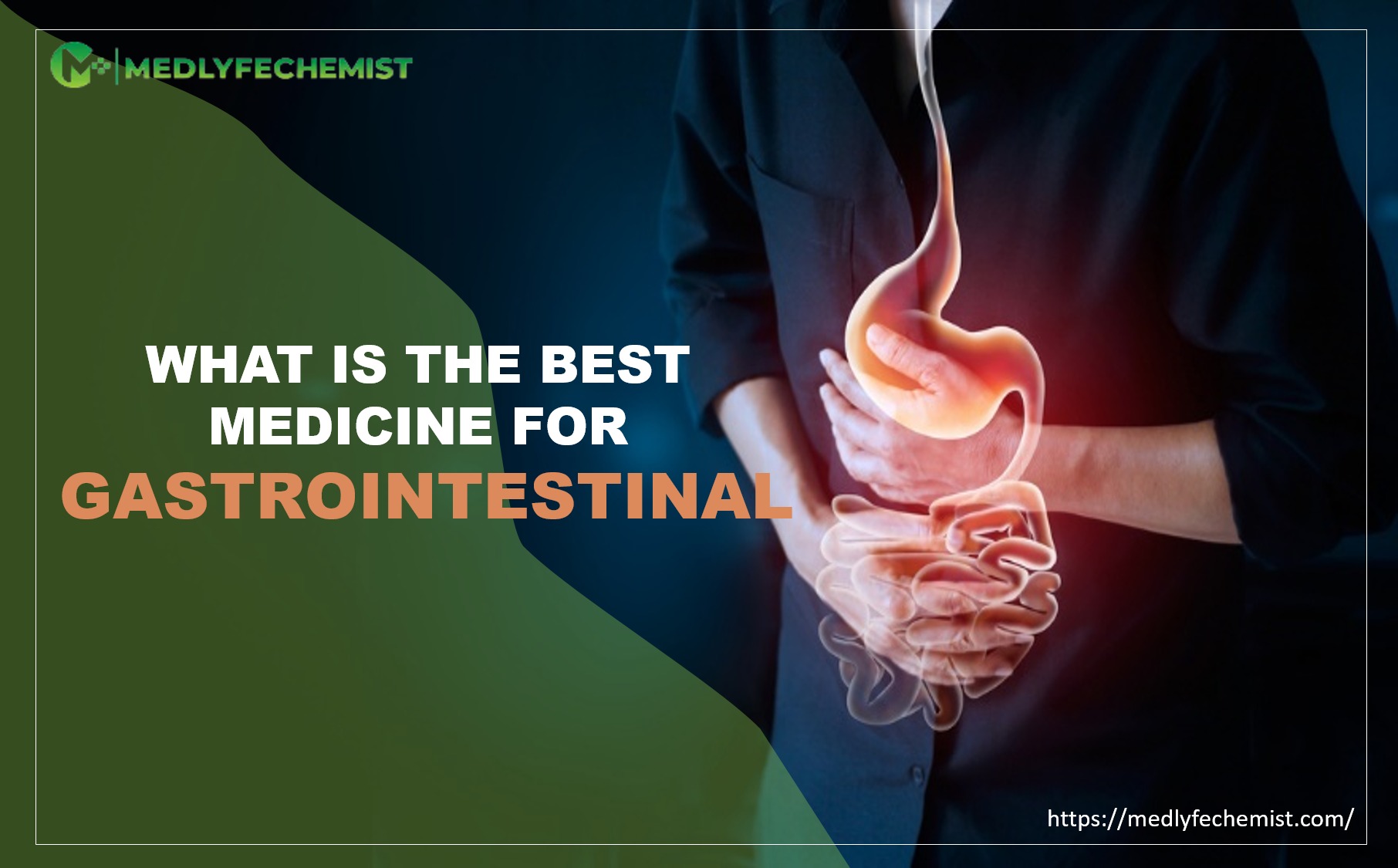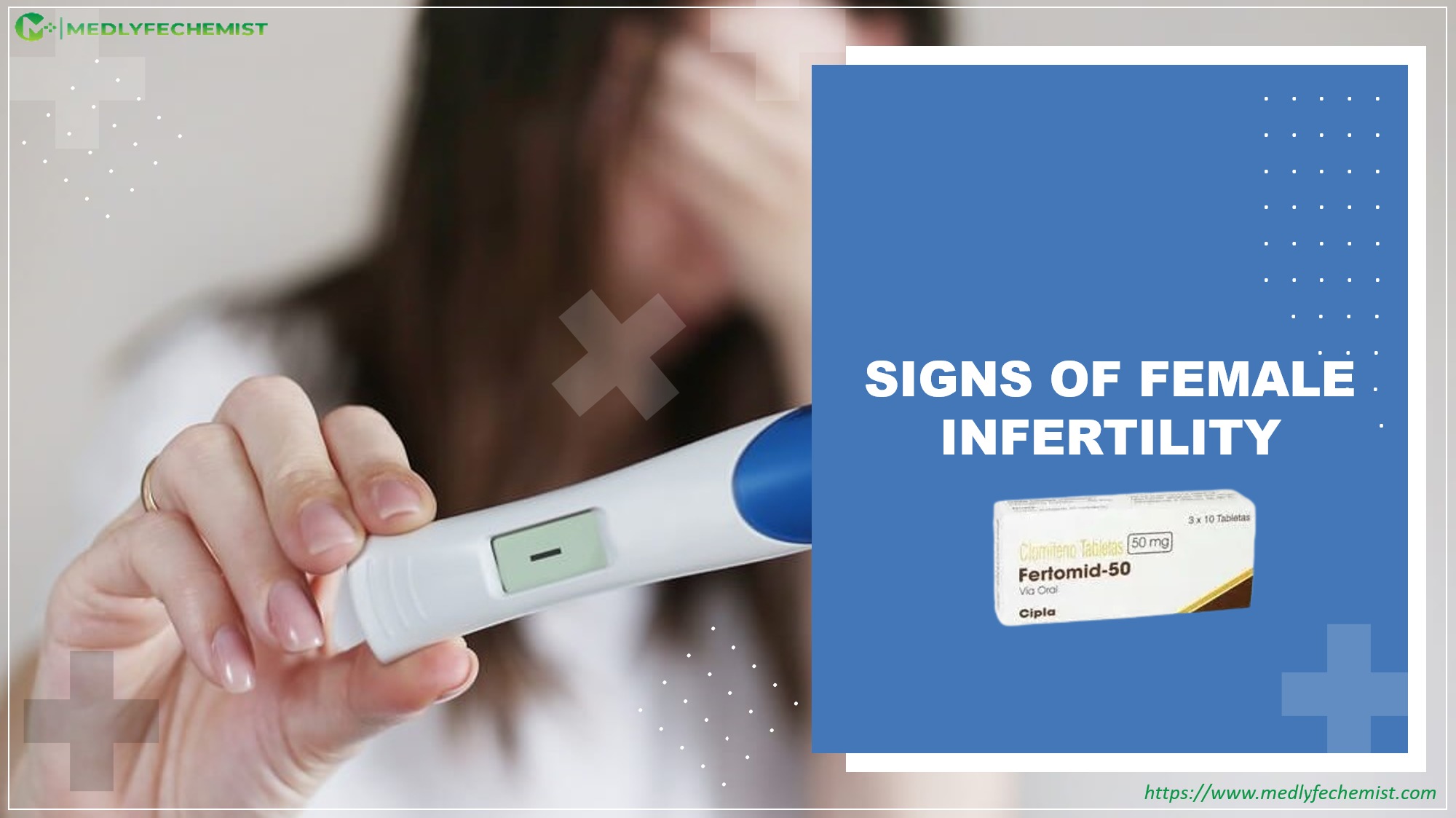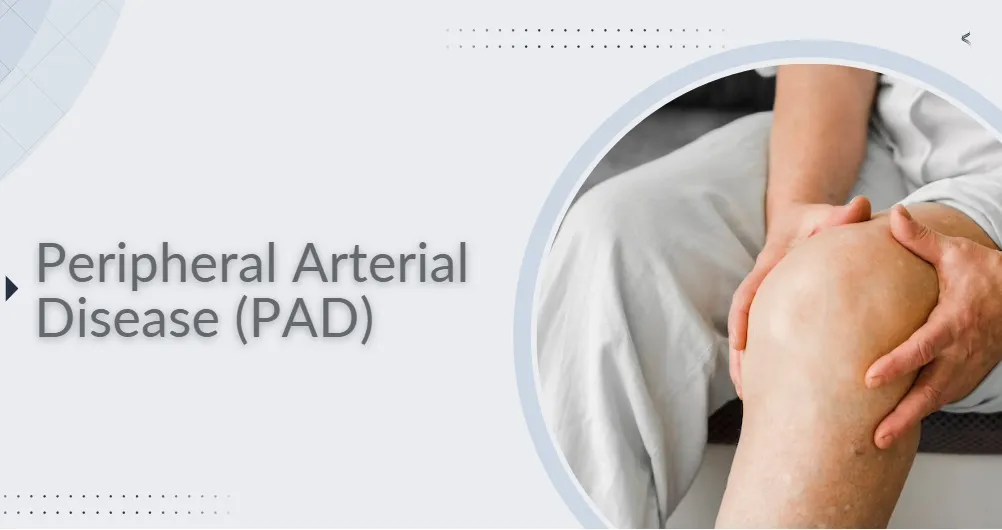Lactose intolerance, food poisoning, nausea, and vomiting are other examples. Such a disease affects the GI tract starting from the mouth to the anus. When a doctor examines, many diseases indicate that there is nothing wrong with your GI tract. Yet there are a few symptoms. Other diseases come with symptoms. There are some visible irregularities in the GI tract. You can treat or prevent most GI diseases.
What causes gastrointestinal issues?
Parasites, bacteria, and viruses cause GI issues.
What are the symptoms of gastrointestinal issues?
Abdominal pain, cramping, dehydration, and diarrhea are some of the common symptoms of GI issues. Other than these, headaches, nausea, and loss of appetite occur.
Which gastrointestinal drugs are most often prescribed?
Omeprazole-It is the most prescribed and one of the best drugs for treating gastrointestinal diseases. It is known as a proton-pump inhibitor. This drug treats stomach ulcers, GERD, heartburn, and oesophageal damage.
Pantoprazole sodium-Protonix is another name by which it is sold. It is the second-most popular drug for GI diseases. This proton-pump inhibitor treats GERD and different gastro-oesophageal issues. Both these drugs are equally effective to treat GERD. But pantoprazole more effectively treats gastric ulcers.
SUPREP Bowel Prep- It is the other most prescribed GI drug. Its solution of sodium, magnesium sulfate, and potassium is mixed along with water and then used as an oral laxative. It cleans out the intestine of a patient before a colonoscopy.
How do they work?
Drugs such as proton-pump inhibitors assist in treating and preventing gastrointestinal problems. They treat esophageal damage and GERD due to acid reflux or stomach ulcers. They considerably lower the production of acid in the stomach. To do this the gastric proton pump that produces stomach acid within the cells is blocked irreversibly by them.
Omeprazole and pantoprazole sodium is such GI drugs that can lower the production of stomach acid by up to 99%. They enable ulcer and inflammation healing throughout the GI tract. But if there is very little stomach acid then it can stop the absorption of some vitamins, proteins, and other nutrients. It can get usually be corrected by lowering or removing the use of a proton-pump inhibitor.
How to treat gastrointestinal issues?
The treatment will depend on the causes along with its linked symptoms. Maintain hydration to get rid of this issue by balancing electrolytes. Due to continuous vomiting and diarrhea, it is disturbed. Sometimes there is an urgent need for hospitalization when serious dehydration and electrolyte disturbances happen. Major renal failure and uncontrolled vomiting may take place. In case of pregnancy and persistent abdominal pain get medical help.
The best drugs for GI stop the problems and lower morbidity. While using these drugs, avoid drinking alcohol as it may enhance your stomach upset. Thus the side effects of some drugs will be increased. Tell your doctor about all the drugs you are taking as many may interact with these GI drugs and cause serious problems. So stay alert. Consult your doctor and use the drugs under his guidance.
Treatment with fluid therapy:
- If you suffer from mild dehydration you can get it easily managed at your home.
- Drink fluids in large amounts to compensate for the water loss. Thus it will stop dehydration.
- Use oral rehydration solutions instead of taking clear fluids. It will manage diarrhea.
- Do not drink sugar-rich fluids. They may enhance dehydration and diarrhea.
- If you suffer from severe vomiting and dehydration you may require care.
- Get your electrolyte level well monitored.
- Some people who face difficulty to use fluid are prescribed oral or intravenous fluids for vomiting and nausea. It corrects the levels of electrolytes.
Treatment with zinc supplementation
- To treat diarrhea the most common symptom of gastrointestinal zinc supplementation is useful.
- Due to severe zinc deficiency diarrhea occurs.
- In foods such as meat, fish, almonds, and cereals the metal zinc is present.
- This is the safest and most effective way to lower any GI issues.
- Your doctor will prescribe zinc sulfate or acetate.
Treatment with probiotics
- Probiotics effectively treat diarrhea.
- This drug is prescribed for diseases having an infectious origin.
- The use of probiotics comes with a direct link with a fall in the duration of diarrhea. It will happen if you start then after any symptom’s onset.
Treatment with antibiotics
- Ceftriaxone is a popular antibiotic that treats gastrointestinal caused by bacteria.
Treatment with Antiemetics
- They control nausea and vomiting. The best antiemetic is Ondansetron.
Treatment with Antidiarrheal drugs
- If you are unable to maintain proper hydration then use these drugs such as Atropine.
Things to remember while using these drugs
Take as prescribed: Always remember to use these drugs as told by your doctor. Do not change the dosage or frequency of any drug without asking your doctor.
Avoid dosage skipping: Try to maintain a regular schedule of taking gastrointestinal drugs. It will ensure that all your symptoms are under control.
Complete the entire course: You may start to feel better while using these drugs. But remember to complete the entire dosage. If you stop it suddenly then previous symptoms may recur.
Be aware of the side effects: Common side effects are diarrhea, pain in the abdomen, nausea, and headache. Tell your doctor if you suffer from any such side effects. He may adjust the dosage or prescribe some other drug.
Proper storage and disposal: Store it properly at room temperature. Do not freeze it. If the drug has expired dispose of it properly. You should not flush it.
Frequently asked questions
Q-What should I do other than take the gastrointestinal drug?
You must drink a sufficient amount of fluids. Carry on with your regular diet under your doctor’s recommendation. Foods that you can easily digest will be prescribed by your doctor. If any kid falls sick, the same approach must be followed. Lactating mother should feed their kids as usual. If any oral rehydration solution is required ask your doctor.
Q-Is this issue the same as the flu?
It is not the same as stomach flu. gastrointestinal can be because by many viruses and it affects the intestines. The main symptom is stomach pain, vomiting, and diarrhea. But if you have flu it will affect your respiratory system. Congestion, coughing, muscles, and fever are the common symptoms of the flu.
Q-Is it common in kids?
It is a very common issue that affects kids. According to studies, it can be lethal as almost 10 % of death in kids happen due to GI issues.
Q-For how long can it affect a kid?
It can affect a kid for 2-10 days. The period will depend on the type of virus causing GI issues and on the kid’s immunity. At first, the vomiting will stop. But for some days, diarrhea will stay.
If you start taking a new drug to treat gastrointestinal issues, you must visit a doctor. You need to follow all the instructions starting from dosage to precautions mentioned by your doctor. Some drugs are safe for short-term use so you must discuss them with a doctor before you start using a new gastrointestinal drug. All drugs are not suitable for everyone. So be careful and take it under an expert’s recommendation.







